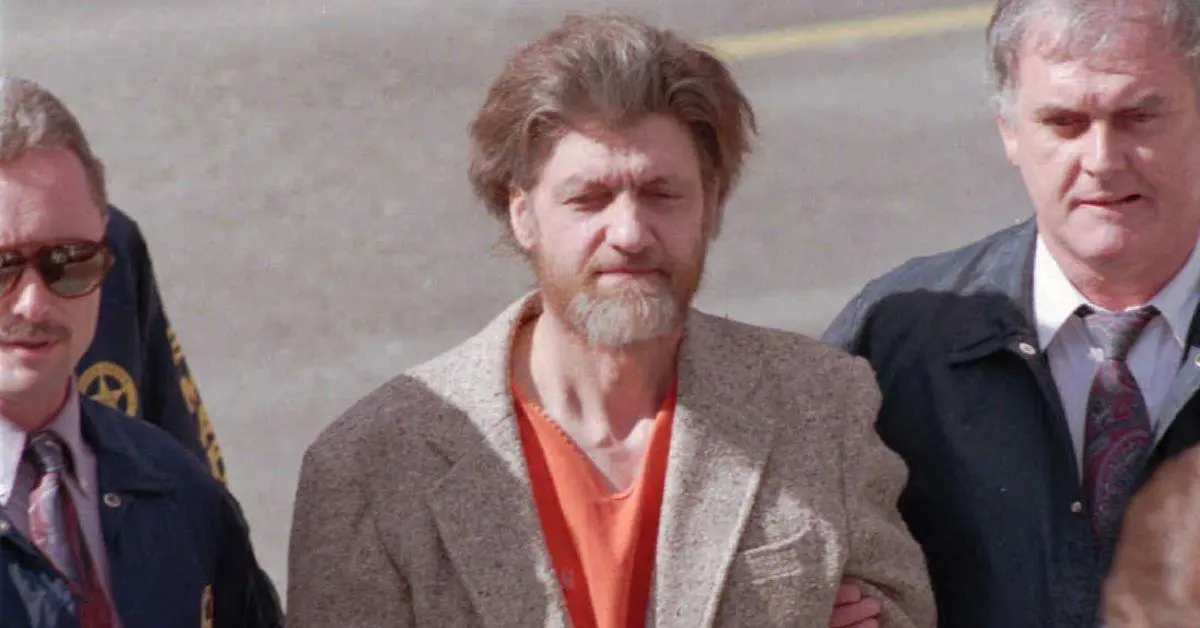By: Cynthia Wang
On June 10, 2023, Theodore J. Kaczynski was found dead in his prison cell from an apparent suicide. At 81 years old, Kaczynski was infamously known as the “Unabomber” – a notorious domestic terrorist who had evaded the FBI for nearly 20 years. During this period, he killed 3 people and injured 23 more in a total of 16 bombings.
Kaczynski was labeled as a genius throughout his childhood. Boasting an IQ of 167, he skipped several grades and attended Harvard University on a scholarship before studying mathematics at the University of Michigan. He became an assistant professor at UC Berkeley at 25 years old and taught for two years before quitting.
Despite his academic proficiency, however, Kaczynski struggled socially. Unpredictable and reclusive, he had few friends and spent most of his time alone in an attic. He would sometimes completely “shut down” for long periods of time and refuse to speak to those around him.
“He said that all his life he has felt a great deal of stress in the company of others except people he has known well over a long period of time,” Ted’s brother, David Kaczynski, recalled. “And as you know, there were only very, very few people he knew well over a long period of time. Essentially only his family, as far as I am aware.”
In 1971, Kaczynski withdrew from society and isolated himself, residing in a cabin in rural Montana without electricity or water. He grew increasingly distant from his family, only communicating sparsely via angry letters and refusing to visit.
For 18 years, Kaczynski lived by himself in the wilderness, crafting crude but extremely dangerous homemade bombs that would be delivered to his victims disguised as packages or mail.
Kaczynski’s philosophy as a murderer was rooted in anti-industrialism and anti-tech radicalism. His victims were often those at the center of industrial society, such as scientists, engineers, computer store owners, and the like. In 1995, Kaczynski sent an eight-page manuscript to the New York Times and Washington Post, “Industrial Society and Its Future,” criticizing the alienating effects of modern society to the New York Times and Washington Post. Kaczynski used peoples’ lives as a bargaining chip, offering to suspend his killings if his manifesto was published.
In a chilling message, Kaczynski wrote, “If we had never done anything violent and had submitted the present writings to a publisher, they probably would not have been accepted. In order to get our message before the public with some chance of making a lasting impression, we’ve had to kill people.”
It was this very manifesto, however, that would result in the long-awaited capture of the Unabomber, when David Kaczynski came across the publication and recognized the epistolary style to be similar to that of his brother. The FBI compared letters from Ted Kaczynski to the Unabomber’s manifesto and tracked down Ted’s remote cabin, where he was eventually arrested.
Having pleaded guilty to all charges, Ted was spared the death sentence but received eight life sentences. He was kept in solitary confinement at the federal Administrative Maximum Facility, Supermax, until his death.











